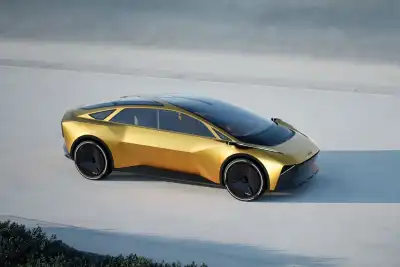
The Government has made a significant reversal in its decision to categorise double cab pick-ups as cars for tax purposes, retracting the policy just a week after its initial announcement.
On February 12, HMRC updated its guidance on the tax treatment of double cab pick-ups in response to a 2020 Court of Appeal ruling. The updated guidance outlined that, starting from July 1, 2024, all double cabs with a payload of one tonne or more would be considered cars rather than goods vehicles for capital allowances and benefit-in-kind purposes.
Originally, these new rules were slated to affect double-cab pick-ups ordered after July 1, while existing fleet vehicles or those ordered before July would maintain their current classification until April 2028.
However, facing strong opposition from the motor industry, including criticism from Society of Motor Manufacturers and Traders chief executive Mike Hawes, who argued that it would "significantly raise costs and present an untenable choice for many," the Government has decided to retract the updated guidance.
As a result, double cab pick-ups will retain their classification as goods vehicles, allowing businesses and individuals to continue benefiting from the established tax treatment. A government update on its website stated, "The government has acknowledged that the 2020 court decision and resultant guidance update could have an impact on businesses and individuals in a way that is not consistent with the government’s wider aims to support businesses, including vital motoring and farming industries."
The Government plans to consult on the draft legislation to ensure it aligns with its objectives before incorporating it into the next available Finance Bill. Nigel Huddleston, financial secretary to the Treasury, affirmed, "We will change the law at the next available Finance Bill to avoid tax outcomes that could inadvertently harm farmers, van drivers, and the UK’s economy."


